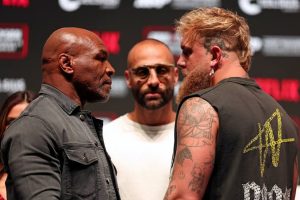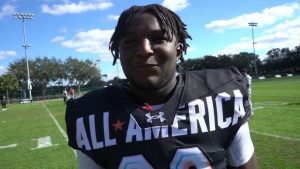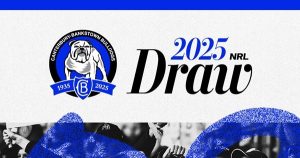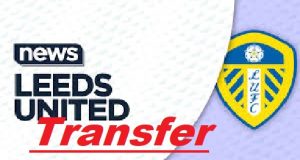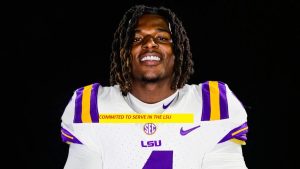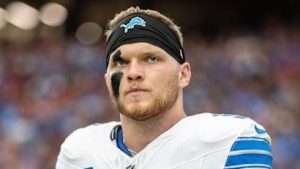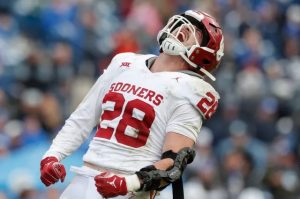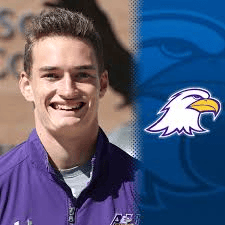
Bandit Running is a Balm Healing the Frustration of Track and Field
I ran my first 200m race this summer. I’m 52 years old. I had to run against a 32-year-old. The race was placed in the Master’s Division because there weren’t enough athletes signed up in that section.
I’ve been a hooper all of my life. I was a head basketball coach and college recruiter for the game. In that race I felt incredible until I was at about 125m, lol. I felt my hamstring tighten. I finished the race, but my time wasn’t in the 20s as it had been during practice with my athletes.
I love basketball, but my daughter took to track and field. When I was a head basketball coach, I requested my players compete in different sports instead of immediately defaulting to spring and summer travel basketball. As a certified NFHS coach I understood the issues with overuse.
While track and volleyball are very similar to basketball in the physical aspects, the training is different, so I learned both of those sports. That training wouldn’t become utilized in greater detail until this year when I moved from track and field parent to USATF Certified track and field head coach.
While I owned a running shoe company in arch, I didn’t actively participate in running groups. They were intimidating. I worked my way up as I tested my own shoes from 1 mile to 8 miles a day. I needed to prove the sneakers I made worked. My daughter was young at the time. It was 2012.
12 years later, my life experience led to the creation of a track and field team that competed in the high school season and the summer season. The kids I coached were proud of me finishing the race. They knew something wasn’t right because I slowed down, but they felt pride. I was the only coach of the 40 plus teams at the event who competed. Even after standing for 4 hours to officiate the high jump for boys and girls.
I felt relieved, but the pulled hamstring took me out of the rest of the Master’s events for the summer. I had worked like crazy to run 3 events and just like that I was relegated to coaching only. My track season was over.
The hardships of finding a place to practice was lamented by almost every program in the region. High Jump was a revelation of poor access to equipment by teams. Track is an amazing sport, but unlike road racing and running, it requires access to the appropriate facilities. The amazing thing about my race, had I done the impossible and posted a low 20 second race I could have qualified for a professional event. Track and field as a sport is the great equalizer. Track and Field is possibly the last bastion of authentic love for the process in the major sports.
You can find events and compete. Those times are professionally tracked and can open you up to various opportunities. Those opportunities come at a price. Most cities lack public facilities to train. Athletes must revisit high schools and get permission, but that’s hit or miss. Expenses mount.
A startup running brand based in New York mounted the second version of the best marketing campaign you’ve never heard of. Throughout this post are images of unsponsored athletes who competed at this year’s Olympic Trials in track.
During the event athletes could be seen rocking all black running kits. My team’s uniforms were all black. I joked with my wife about all black kits we saw while streaming the event on Peacock. The difference was I got a deal from Nike on my team uniforms and then had to have them screenprinted with our team logos. The Nike Swoosh was emblazoned across our shirts. We looked incredible and Nike reaped the benefits of free advertisement as we competed throughout the summer.
My team was on YouTube, but logos weren’t prominent. Imagine being a struggling track and field pro taken on the burden of flights and preparation and then wearing a logo on your running kit providing 100s of thousands of views for that brand on Peacock and YouTube. Imagine knowing the guy beside you in the Nike kit is getting an additional $50,000 to cover some of the training costs. Imagine knowing an athlete like Noah Lyles might be getting upwards of $20 million dollars from adidas.
Have you head of Bandit Running? Probably not. Did you know those black kits in the Trials were part of the Unsponsored series from Bandit Running? The brand, according to Craft.io, was founded with 14.2 million dollars. They sponsored 35 athletes with short term contracts to assist them with their journey to the Olympic Trials. The brand created a documentary and the marketing tactic ended with the Trevor Bassitt earning a spot in the 400H. 35 athletes is $175,000 dollars or almost 1.5% of the brand’s total funding.
Tracksmith has been doing something similar for athletes, but to be honest it shouldn’t be on a little-known brand to carry the weight and big brands shouldn’t be expected to contribute so much either. Something has to be done at every level of track and field to improve the opportunities. The Olympics will have a more digital flavor this year. The games will be streamed, and content has been produced for Netflix. One of the major streaming services looking to enter sports may have a blueprint to do so via track. Something has to change to provide more opportunities for athletes in this game.

